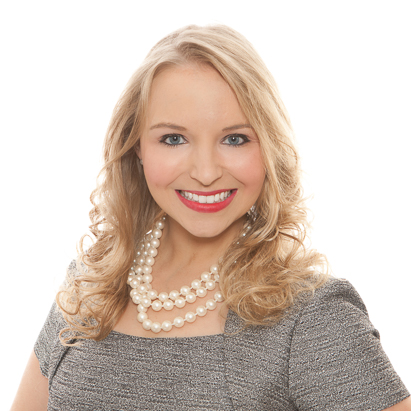Contact Us
Categories
- Compliance
- Disaster relief
- Income Tax
- Americans with Disabilities Act ("ADA")
- Main Street Lending Program
- Remote Work
- Web Content Accessibility Guidelines
- CARES Act
- Economic Injury Disaster Loan (EIDL)
- Payroll Protection Program (PPP)
- Coronavirus Aid, Relief and Economic Security Act
- COVID-19
- Small Business Administration (SBA)
- Liability Waivers
- Miller, as Next Friend of her Minor Child, E.M. v. House of Boom Kentucky, LLC
- Intangible Assets
- Taxation
- Tax consequences
- Community Banks
- Dodd-Frank Act
- SEC Crowdfunding Rules
- Corporate
- Diversity
- ERISA
- Judgment creditors
- Litigation
- Municipal Liability
- Consumer Debts
- Employment Law
- Entrepreneur
- Lenders
- Small Business
- Business Entities
- Equity Development
- Investment
- Mergers and Acquisitions
- Sales and Dissolutions
- Business Formation and Planning
- Closely Held Businesses
- Corporate and Business Tax
- Uncategorized
New Program Provides Relief for Mid-Size Businesses (and Small Businesses, too!)
With the expansion of Small Business Administration loans available under the CARES Act – the Paycheck Protection Program and expanded EIDL program – many small business owners sought and found much-needed relief, but mid-size businesses were excluded from these programs by virtue of their size. The Federal Reserve and the Treasury Department have now revised the Main Street Lending Program, which includes mid-size employers. This program is effective immediately and runs through September 30th, providing up to $600 billion in loans. We’ve summarized the key points, available below:
● Programs: Eligible businesses can only qualify for one of the two loan programs, depending on whether they had an existing loan in effect before April 8, 2020:
- Main Street New Loan Facility – for borrowers without an existing Main Street Lending Program loan before April 8, 2020
- Main Street Expanded Loan Facility – for borrowers with an existing Main Street Lending Program loan originating before April 8. 2020
● Eligibility: Businesses that have up to either 10,000 employees or $2.5 billion in revenue are eligible to participate. These businesses must be created or organized in the U.S., and the majority of their employees and significant operations must be in the U.S. as well.
- Businesses that have applied for and received Paycheck Protection Program loans are still eligible for these new programs.
● Restrictions and requirements:
- Applicants may not participate in stock repurchases or dividend distributions, and compensation is capped for certain employees. Applicants will face these restrictions for one year after the loan is no longer outstanding.
- Businesses must also commit to make reasonable efforts to maintain payroll and retain workers, according to the Federal Reserve summary, but this provision remains murky.
● Loan terms:
- Four years
- Adjustable rate of the Secured Overnight Financing Rate (SOFR) + 250-400 basis points
- NOTE: The SOFR is an interest rate alternative to the Libor that banks use to price loans, currently at 0. 01%. Basis points are expressions of a percent of a percent – so 250-400 basis points translates to 2.5% to 4%.
- Borrowers must apply for a minimum of $1 million
- Main Street New Loan Facility - Maximum loan is the lesser of $25 million or an amount not more than four times the borrower’s 2019 earnings before interest, tax, depreciation and amortization (EBITDA)
- Main Street Expanded Loan Facility – Maximum loan is the lesser of $150 million; 30% of the borrower’s existing outstanding and committed but undrawn debt; or an amount that, when added to the existing outstanding and committed but undrawn debt, does not exceed six times the borrower’s 2019 EBITDA. (Got all that?)
- Amortization of principal and interest will be deferred for 12 months from receipt of loan
- No penalty for prepayments

Anne-Tyler Morgan is a Member of McBrayer law. Her law practice primarily focuses on politics, elections, and campaign finance, nonprofit institutions and associations, foster care and adoption, administrative law, healthcare law, pharmacy law and transactional healthcare and transactional agreements. Ms. Morgan can be reached at atmorgan@mcbrayerfirm.com or (859) 231-8780, ext. 1207.
Services may be performed by others.
This article does not constitute legal advice.

